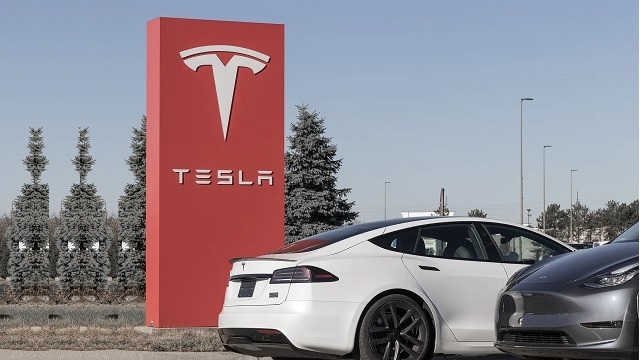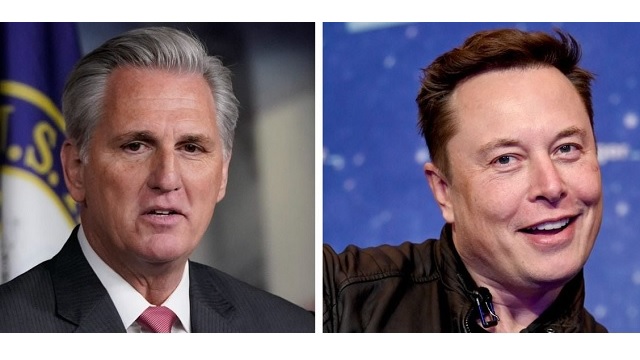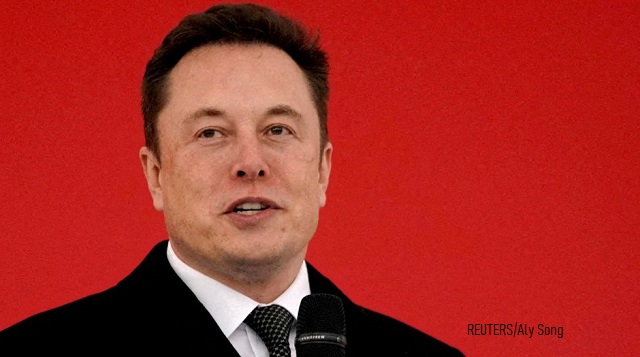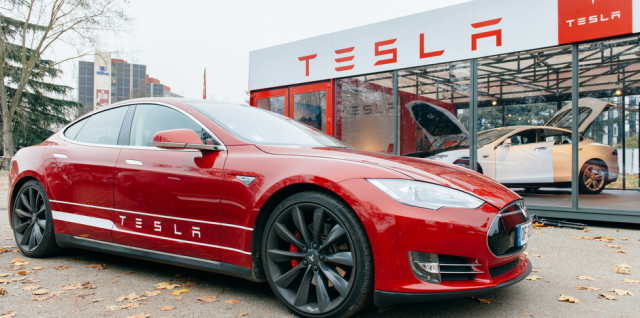Biden’s Electric Vehicle ‘Mandate’ Might Just Be A Surprise Gift To China
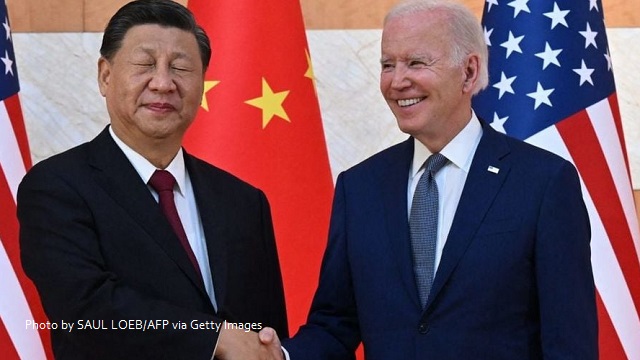
The Biden administration has put in place regulations that would require many Americans to adopt electric vehicles (EV) in the coming years despite U.S. companies struggling to produce the products, leading some experts to wonder if vehicles from China will be needed to meet current goals.
The Environmental Protection Agency (EPA) finalized emission standards in late March for light-duty vehicles that would effectively require 67% of new models sold to be electric or hybrid by the end of 2032 in hopes of speeding up an EV transition to reduce carbon emissions. The regulations are in spite of sluggish American EV demand that has led to both concerning losses and slowdowns in production for automakers, with both Tesla and Rivian missing production expectations for the first quarter of 2024.
China’s EV industry could fill the gap left by the lagging U.S. market, experts told the Daily Caller News Foundation.
“China’s EV production would pose no risk to American consumers or U.S. geopolitical security if we had a free market allowing U.S. companies to concentrate on their comparative advantage in pickups, SUVs, and minivans, and allowing consumers to decide which types of vehicles best meet their needs,” Marlo Lewis, senior fellow at the Competitive Enterprise Institute, told the DCNF. “EV mandates, however, create a captive market for EV producers, and China is today the world’s top EV producer.”
BYD, China’s top EV maker, has experienced a meteoric rise in recent years, with yearly profits growing 80.72% year-over-year in 2023 amid global expansion, but has so far been priced out of the American market due to current restrictions. EVs and hybrids made up 30% of all Chinese car sales during the first 11 months of 2023.
China also has broad command over the current EV supply chain due to its control over minerals needed to build batteries required for electric vehicles. The country currently controls 87% of the world’s mineral refining capacity, with U.S. attempts to increase its own capacity not yet yielding sufficient results.
The Biden administration has sought to incentivize the purchase and manufacturing of certain American EV models with a $7,500 tax credit in an effort to drive down costs for consumers, conditioning the subsidy on manufacturers not using a certain level of components from foreign entities of concern, like China. Despite incentives and mandates, sales for new EVs in the U.S. grew only 2.7% in the first quarter, below the 5% that sales for all new vehicles grew, leading to a drop in auto market share to 7.1% for EVs.
Automakers, including Bentley, GM, Ford, Mercedes-Benz and Honda, have scaled back their previous EV goals as consumers decline to buy the product.
“So, if U.S. manufacturers are forced to keep making high-priced EVs, their market share could contract while BYD’s increases,” Lewis told the DCNF. “Global auto industry leadership would shift from the United States to China. California and EPA’s EV campaign could end up helping fulfill China’s ambition to be the world’s leading superpower.”
The Biden administration has also put forward restrictions on heavy-duty vehicles, like trucks, that effectively require at least 25% of new long-haul trucks and 40% of all new medium-sized trucks to be electric or zero-emission by 2032.
Several American auto manufacturers have posted huge losses due to EV development and sales, including Ford, which lost $4.7 billion on EVs in 2023, losing nearly $65,000 on each EV that it sold. General Motors lost $1.7 billion in just the fourth quarter of 2023, despite strong profits overall.
Bidenomics In One Lesson: Latest Job Gains Fueled By Foreign-Born Workers, Gov’t Employees https://t.co/ehAws59CzJ
— Daily Caller (@DailyCaller) April 5, 2024
“Americans rely on too many critical goods and raw materials from China, which is why we need to ‘strategically decouple’ from CCP supply chains as soon as practicable,” Adam Savit, director of the China Policy Initiative at the American First Policy Institute, told the DCNF. “That goes most especially for critical high-tech and defense needs, such as semiconductors, AI, quantum computing, and rare earth elements. U.S. policymakers have made us increasingly dependent on EVs for transportation, so as long as such policies are in place, we must decouple from CCP EV supply chains as well.”
Savit pointed to the current tariffs on EVs as the reason Chinese EV makers have been unable to break into the U.S. market and are unlikely to if current trade restrictions were to remain the same. The Trump administration put in place a 25% import tax on EVs, which Biden has so far kept in place.
BYD has sought to infiltrate the American market through possibly building EV plants in Mexico, which, under current restrictions, could skirt around tariffs, delivering EVs that could compete with even gas-powered vehicles in terms of price to American buyers. Chinese EVs are also often of lesser quality, have access to cheaper materials and can utilize less expensive labor.
“Even American-made EVs are produced with a lot of Chinese inputs, including critical minerals,” Savit told the DCNF. “Many EV-related CCP supply chains are tied to human rights abuses and forced labor in Xinjiang.”
Former President Trump, in a campaign speech in mid-March, called for putting a 100% tariff on every single car manufactured outside the U.S., which would severely hamper China’s ability to sell in the country, while also reducing competition for domestic manufacturers, according to CNN.
Chinese EVs have already made large headwinds in the European market, with around 19.4% of EVs sold on the continent in 2023 being made in China, which is expected to rise to 25% by the end of 2024, according to an analysis from the European Federation for Transportation and Environment. The European Union announced in September 2023 that it had launched an investigation over whether to impose punitive tariffs on Chinese EVs due to artificially cheap prices from state subsidies, according to Reuters.
The White House did not respond to a request to comment from the Daily Caller News Foundation.
AUTHOR
WILL KESSLER
Contributor.
RELATED ARTICLE:
DAVID BLACKMON: Biden Must Stop Playing Politics With The Strategic Petroleum Reserve
EDITORS NOTE: This Daily Caller column is republished with permission. ©All rights reserved.
All content created by the Daily Caller News Foundation, an independent and nonpartisan newswire service, is available without charge to any legitimate news publisher that can provide a large audience. All republished articles must include our logo, our reporter’s byline and their DCNF affiliation. For any questions about our guidelines or partnering with us, please contact licensing@dailycallernewsfoundation.org.

